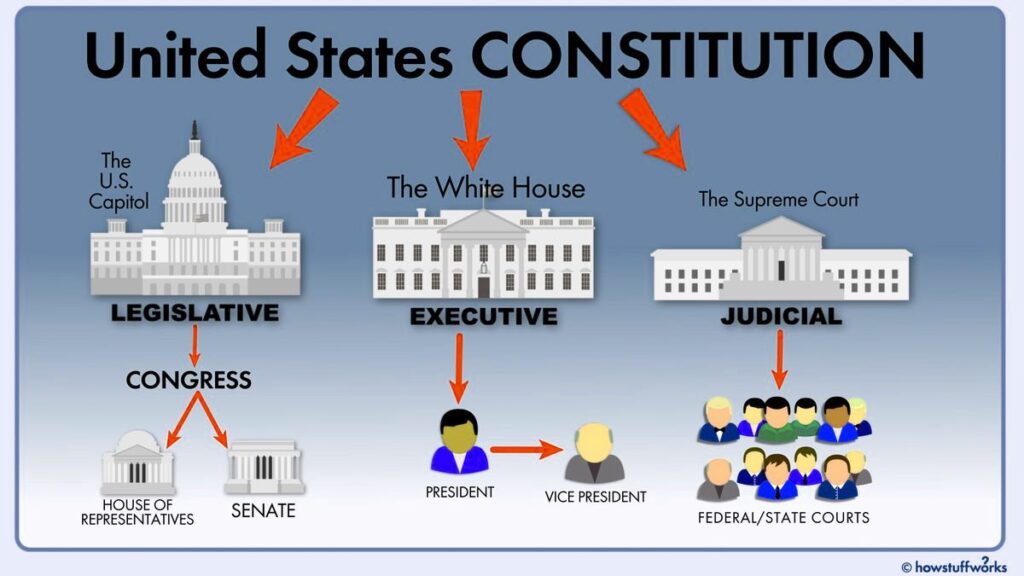TL;DR: Meta’s AI Initiative for Metaverse Productivity
- Meta encourages employees to use AI to enhance productivity by five times.
- The initiative, termed AI4P (AI for Productivity), aims to integrate AI into all workflows.
- Employees are urged to participate in training and adopt AI tools.
- Concerns about job replacement and code quality persist among staff.
- Leadership emphasizes the importance of collaboration and innovation through AI.
Introduction to Meta’s AI Initiative
Meta has launched an ambitious initiative aimed at enhancing productivity within its metaverse division by leveraging artificial intelligence (AI). The directive, communicated by Vishal Shah, Meta’s VP of Metaverse, encourages employees to adopt AI tools to significantly boost their efficiency. The initiative, referred to as AI4P (AI for Productivity), is designed to make AI an integral part of daily workflows, rather than a novelty.
The Vision Behind AI4P
The vision behind AI4P is straightforward yet bold: to empower employees to work five times faster, not just marginally more efficiently. Shah’s message emphasizes that this transformation is not limited to engineers; it encompasses product managers, designers, and cross-functional partners. The goal is to eliminate inefficiencies and foster a culture where rapid prototyping and quick feedback loops become the norm.
Expected Outcomes of AI Integration
Increased Productivity
By integrating AI into their daily routines, Meta anticipates a substantial increase in productivity across its teams. Shah envisions a future where the development process is streamlined, allowing for quicker iterations and faster delivery of products.
Enhanced Collaboration
AI tools are expected to facilitate better collaboration among teams. With AI handling routine tasks, employees can focus on more complex problem-solving and creative endeavors, ultimately enhancing teamwork and innovation.
Challenges Faced by Employees
Fear of Job Replacement
Despite the potential benefits, there are underlying fears among employees regarding job security. Many worry that the push for AI integration may lead to job losses, as AI tools become capable of performing tasks traditionally handled by humans.
Quality of AI-Generated Code
Another significant concern is the quality of code produced by AI. Experienced software engineers have raised alarms about “vibe coding,” where AI-generated code may introduce bugs and errors that are difficult to trace and fix. This has led to a perception that engineers are becoming “babysitters” for AI-generated outputs.
AI Tools and Technologies Promoted by Meta
Specific AI Tools
Meta is promoting a range of AI tools that employees are encouraged to utilize. These tools are designed to enhance coding efficiency and streamline workflows, making it easier for teams to integrate AI into their projects.
Integration into Workflows
The initiative emphasizes the need for seamless integration of AI tools into existing workflows. Shah advocates for a culture where using AI becomes second nature, akin to other essential tools in the workplace.
Training and Adoption Strategies
Upcoming Training Events
To facilitate the adoption of AI, Meta has scheduled several training events, including “Metaverse Day of AI Learning.” These sessions aim to equip employees with the necessary skills to effectively use AI tools in their work.
Learning Resources
Meta is also providing various learning resources to support employees in their AI journey. These resources are intended to help staff understand the capabilities of AI and how to leverage them for improved productivity.
The Role of Leadership in AI Adoption
Leadership plays a crucial role in the successful adoption of AI within Meta. Shah’s message underscores the importance of commitment from all levels of the organization to embrace AI and drive cultural change towards innovation and efficiency.
Comparative Analysis of AI Implementation in Tech Giants
As the tech industry increasingly embraces AI, Meta’s initiative reflects a broader trend among major companies. Similar efforts are being observed at other tech giants, where AI is seen as a key driver of efficiency and productivity.
Future of Work in the Metaverse
Long-term Implications
The integration of AI into the metaverse is expected to have long-term implications for the workforce. As AI tools become more prevalent, the nature of work may evolve, requiring employees to adapt to new roles and responsibilities.
Evolving Job Roles
With AI taking on more routine tasks, job roles may shift towards more strategic and creative functions. Employees will need to develop new skills to thrive in an AI-enhanced work environment.
Conclusion and Call to Action
Meta’s AI initiative represents a significant step towards redefining productivity within the metaverse. By encouraging employees to embrace AI, the company aims to foster a culture of innovation and efficiency. However, addressing employee concerns about job security and code quality will be essential for the successful implementation of this initiative.
Meta’s AI Initiative: A Leap Towards Efficiency in the Metaverse
The Vision Behind AI4P: A New Era of Productivity
The vision for AI4P is ambitious, aiming to fundamentally change how work is approached within Meta’s metaverse division. By prioritizing AI adoption, the company seeks to create a more agile and responsive workforce.
Challenges and Opportunities in AI Integration
While the potential benefits of AI integration are clear, challenges such as job displacement fears and concerns over code quality must be addressed. Open communication and training will be vital in navigating these issues.
The Future of Work: Embracing AI in the Metaverse
As AI continues to evolve, so too will the landscape of work in the metaverse. Embracing these changes will be crucial for employees and the organization as a whole, ensuring that Meta remains at the forefront of innovation in the tech industry.

